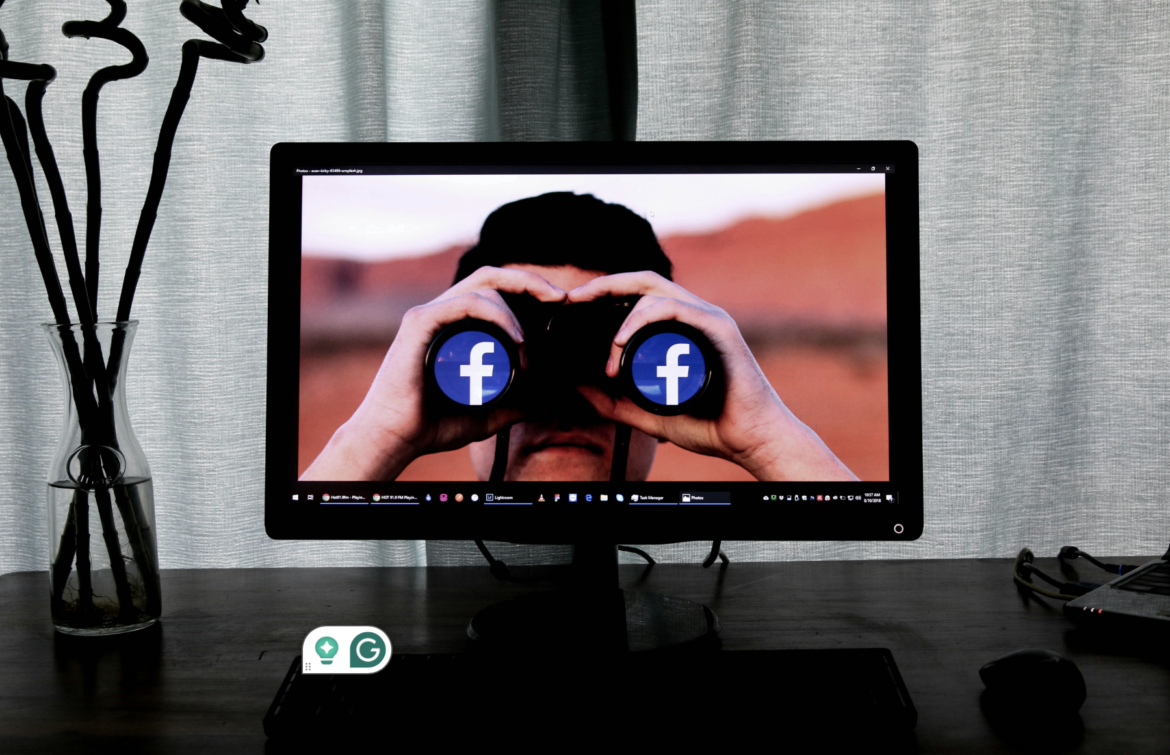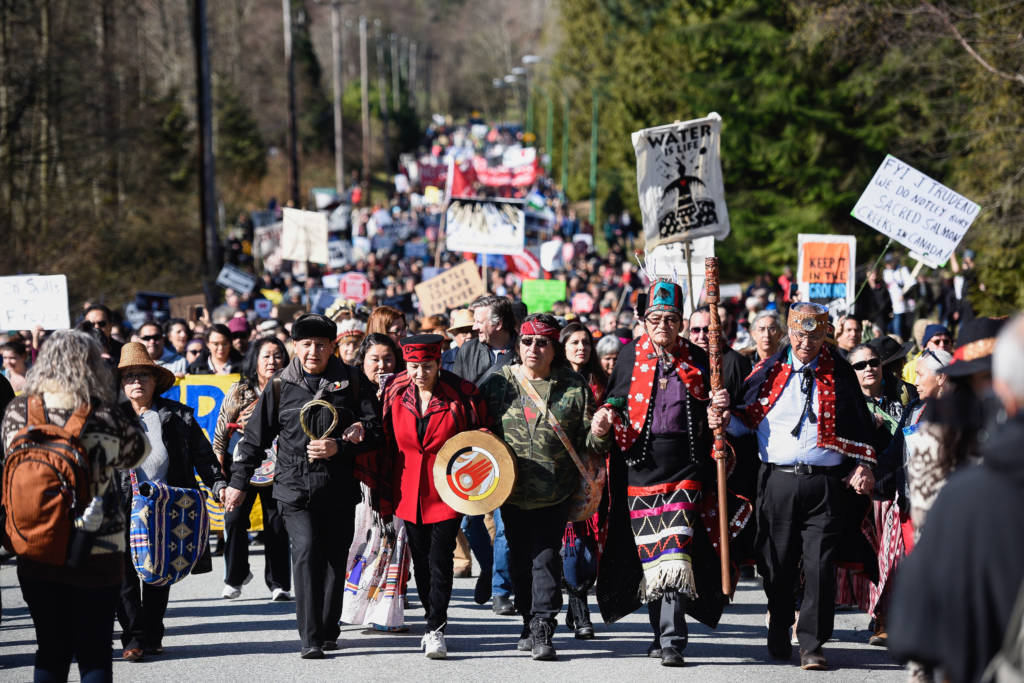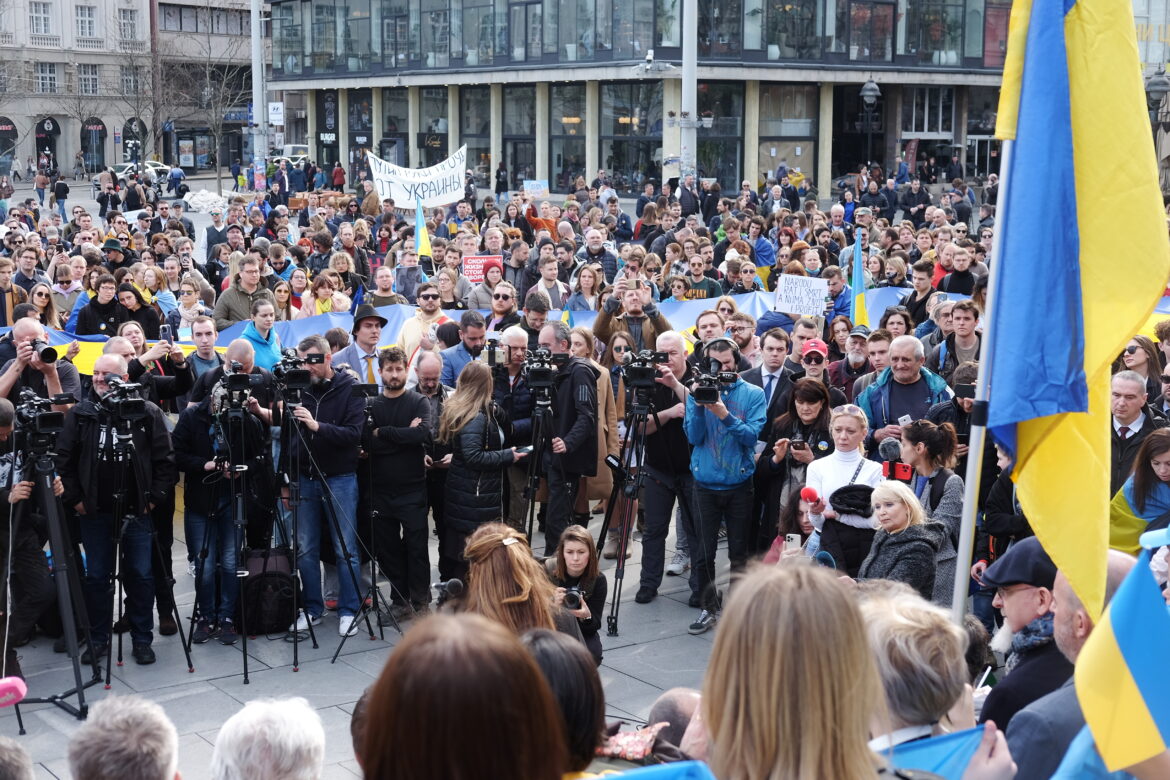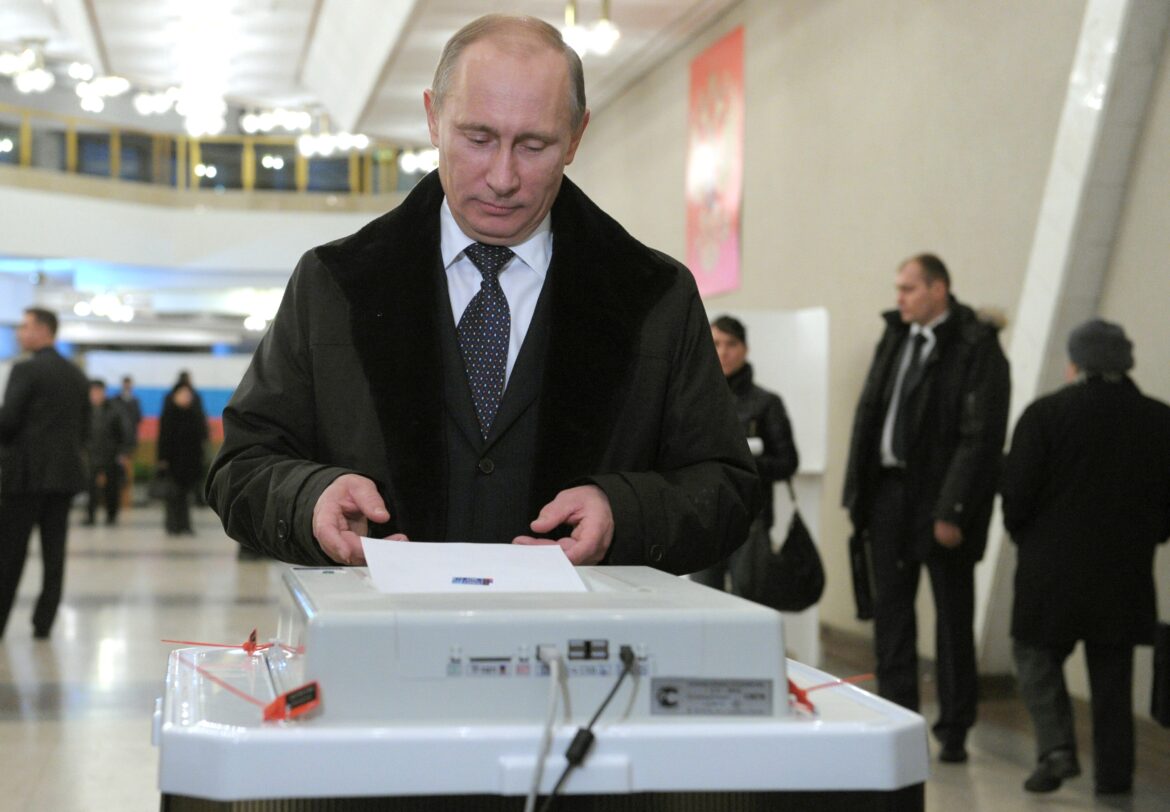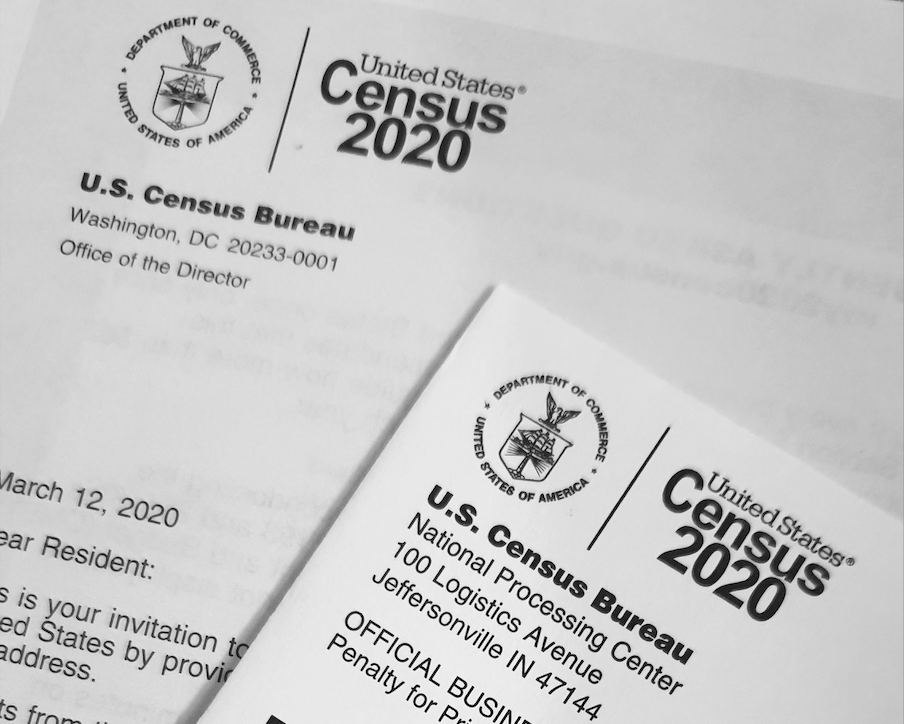In a world marred by international conflict and political controversy at a level that many feel is unprecedented, it is rare to have a public event where these issues do not creep in – the Oscars are no exception. At … Continue reading
Category: Culture & Media
Addressing the Implications of Colonialism: Examining Indigenous Health Disparities in Canada
While universal health care is envisioned as a fundamental human right for all, its seemingly contradictory reality presents unique challenges in which health disparities continue to negatively harm Indigenous communities. This is due to the damaging effects of settler colonialism … Continue reading
How Facebook and Meta Became Breeding Grounds for Sexual Exploitation
Excerpt: An investigation into sexual exploitation and trafficking within Meta technology.
Discussions of technological advancements such as social media platforms often center around the same set of pros and cons – connection and communication, but also isolation and cyberbullying. However, … Continue reading
Searching for Cleopatra: Redefining and Reclaiming the Egyptian Queen’s legacy
The last Pharaoh of Egypt; a living goddess, a promiscuous lover, and one of the first female leaders in human history. At least this is the story of Cleopatra that existing literature writes. However, much of Cleopatra’s identity remains … Continue reading
Unveiling the Fight Against Environmental Racism in Canada with Bill C-226
Envision a reality where environmental degradation is not a matter of bad luck but a targeted oversight, one that disproportionately impacts your community. Here, the very elements meant to nurture life, air, water, and soil, become silent aggressors under the … Continue reading
The Rise of Women’s Athletics: A Moment or a Movement?
In the last couple of decades, global athletic programs have faced a true reckoning, one that is increasingly bringing women’s sports to the forefront of public consciousness. Gender disparities in sports have been so glaring that they became overlooked, with … Continue reading
How Fast-Paced Media Has Shaped Our Perception of the Russo-Ukrainian War
Excerpt: News on the Russo-Ukrainian War tends to focus on basic information with little in-depth analysis. Conversely, the war must to be reported accurately, in-depth, in context, and with expert opinions; it cannot be covered only at surface level.
Today’s … Continue reading
Les élections présidentielles en Russie sont-elles toujours pertinentes ?
Le 17 mars passé avaient lieu les élections présidentielles en Russie et la victoire de Vladimir Poutine n’a fait aucun doute. Gagner les récentes élections signait un quatrième mandat pour le président qui est entré au pouvoir le 31 décembre … Continue reading
La question des statistiques ethniques : Entre utilité et controverse
Les statistiques ethniques sont des données mesurées lors des recensements de population afin de quantifier les proportions des différentes ethnies présentes dans un pays. Ces statistiques sont utilisées depuis plus d’un siècle, dans des États comme les Pays-Bas, le Canada … Continue reading
Democratic Decline: Deepfakes, Art, Politics, and Children
A technological monument, a celebratory milestone in human history, or the beginning of the downfall of modern day democracies? In early February, OpenAI announced the release of Sora, an innovative tool that turns textual prompts into videos which are … Continue reading



